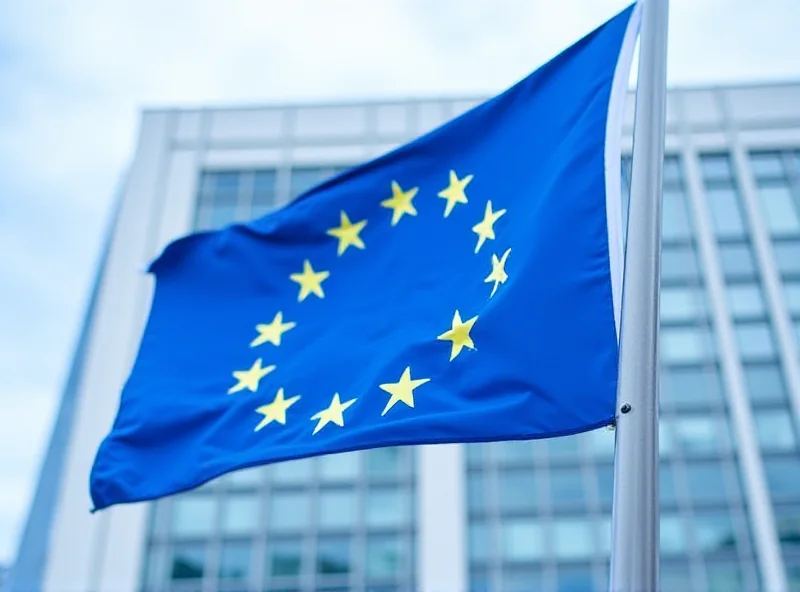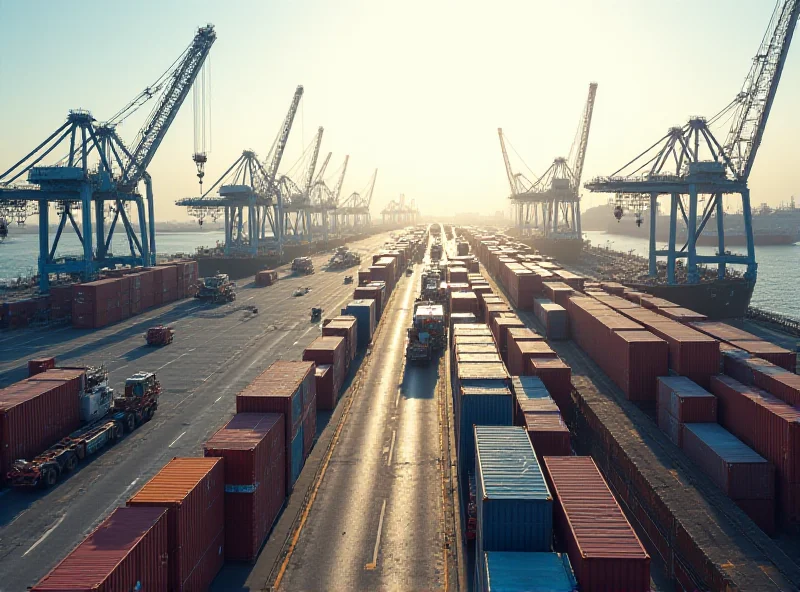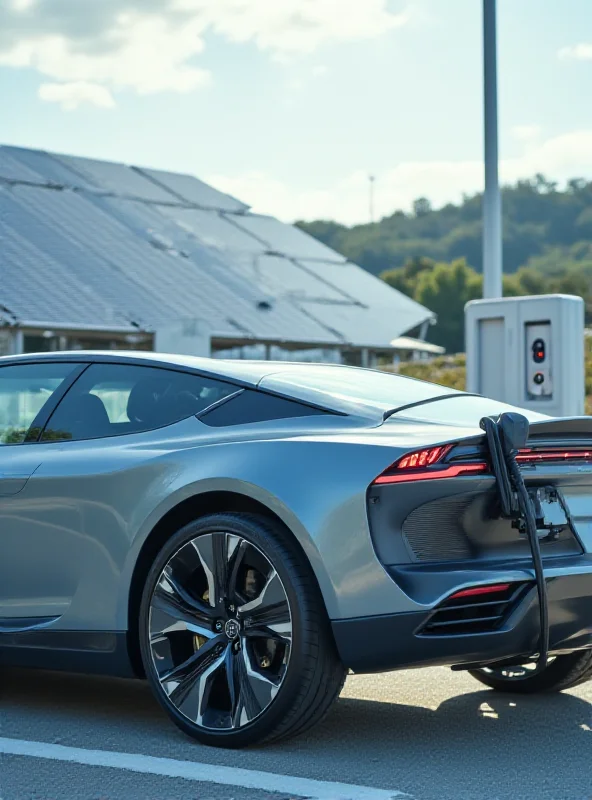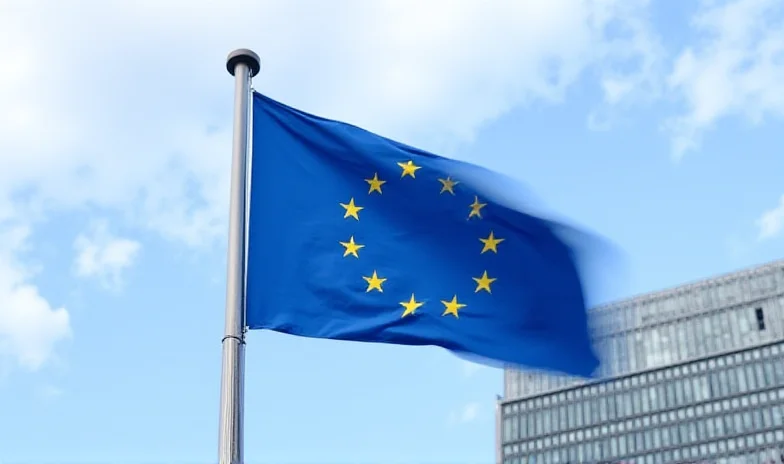The European Union is taking steps to ensure fair trade practices while simultaneously working to alleviate the economic burden on its businesses. Recent announcements highlight the EU's commitment to balanced trade policies and measures designed to streamline regulations and promote sustainable growth.
Fair Trade and Tariff Reciprocity
The EU trade chief has emphasized that tariff reciprocity must be mutually beneficial for all parties involved. This underscores the EU's dedication to fair trade practices, ensuring that any trade measures or concessions are balanced and advantageous for all trading partners. This approach aims to create a level playing field, fostering stronger and more equitable economic relationships.

“It is crucial that trade agreements work for everyone,” stated a representative from the EU Commission. “We are committed to ensuring that tariff reciprocity is implemented in a way that benefits all stakeholders.”
Easing the Economic Burden on Businesses
The EU Commission is also focused on reducing bureaucracy and providing greater protection for companies. One significant move is the planned delay of the Supply Chain Act by one year. This act, intended to protect people and the environment, has been criticized as overly bureaucratic.
The EU Commission aims to give companies more time to adapt and may also exempt a significant number of them from the law's strict requirements. This decision reflects a broader effort to ease the regulatory burden on businesses, allowing them to focus on growth and innovation.

Incentives for Electric Vehicles
The EU is also pushing forward with its "EU Car Plan," which includes incentives for electric vehicles. This plan aims to accelerate the transition to zero-emission vehicles and reduce the environmental impact of the transportation sector. Measures include free tolls for zero-emission heavy vehicles and an increase in the installation of charging stations.
However, the plan has faced criticism from industry associations, who argue that it overlooks significant financial and employment risks. Despite the concerns, the EU remains committed to its goals, outlining projects on autonomous vehicles and the creation of a fund to manage the excesses resulting from the transition.

The EU's multifaceted approach to trade and economic policy reflects its commitment to creating a sustainable and equitable economic environment for its member states and trading partners.
